Clones vs Seeds: Uncovering the Best Method for Growth
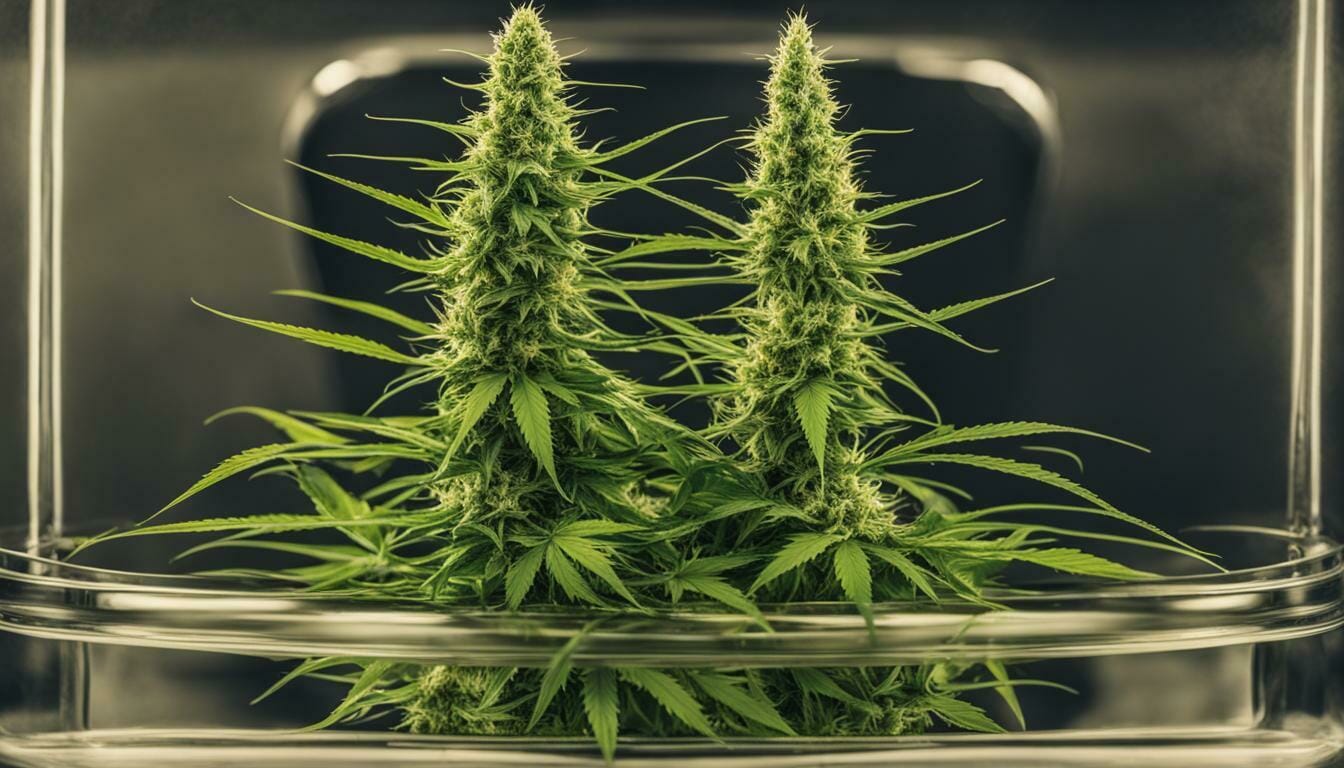
When it comes to growing cannabis, there are two primary thought methods: clones vs seeds. Both can yield excellent results, but which is the best for your specific needs? In this article, we’ll explore the differences between clones and seeds, their advantages and disadvantages, and help you determine which method suits you.
Clones are essentially genetic replicas of a mother plant. Growers take cuttings from a healthy mother plant and root them in a separate medium. Once implanted, the cutting will grow into a plant genetically identical to the mother. This method allows growers to maintain desirable genetic traits and produces plants ready for harvest faster than starting from seed.
On the other hand, seeds offer genetic diversity and the potential for greater yields. With the ability to start from scratch, growers can choose specific strains that suit their needs and preferences. However, the process of growing from seeds takes longer and requires more effort than using clones.
So, which method is suitable for you? Let’s explore the factors to consider when making your decision.
Key Takeaways:
- Clones are genetic replicas of a mother plant.
- Seeds offer genetic diversity and the potential for higher yields.
- The decision between clones and seeds depends on desired genetic traits, time constraints, and experience level.
Understanding Clones
When it comes to cannabis cultivation, clones are an alternative to seeds. Clones are exact genetic replicas of a parent plant and are produced by cutting from the mother plant and rooting it to create a new plant.
The cloning process allows growers to maintain a specific genetic trait from the parent plant that they want to replicate, such as high THC levels or a particular flavor. This makes clones ideal for growers looking for consistent results and a faster cultivation cycle.
However, there are also some disadvantages to using clones. Because they are genetic replicas of the parent plant, clones are susceptible to the same diseases and pests as their parent plant. Additionally, because clones are not grown from seed, they lack genetic diversity, limiting their potential for growth and development.

Despite these drawbacks, clones can be a valuable tool for growers looking for consistency and speed in their cultivation process. By understanding the pros and cons of using clones, growers can make an informed decision about whether or not to incorporate them into their cultivation strategy.
Exploring Seeds
When growing cannabis, seeds are a popular option among novice and experienced growers. Unlike clones, seeds allow for genetic diversity and the ability to start fresh with each growth cycle.
There are various types of cannabis seeds available, including regular seeds, feminized seeds, and autoflowering seeds. Regular seeds have a 50/50 chance of growing into either male or female plants, while feminized seeds are bred to produce only female plants. Autoflowering seeds are a newer development, which flower automatically after a certain period rather than relying on light cycles.
One advantage of using seeds for cultivation is the ability to select specific genetic traits, such as high THC levels or particular flavors and aromas. Seeds also provide a more significant yield potential than clones, as they have a deep taproot that allows for better nutrient uptake.
However, there are also some drawbacks to using seeds. They require sexing, which is the process of determining the plant’s gender, and male plants need to be removed to prevent pollination of female plants. Additionally, seeds have a longer time to harvest than clones.
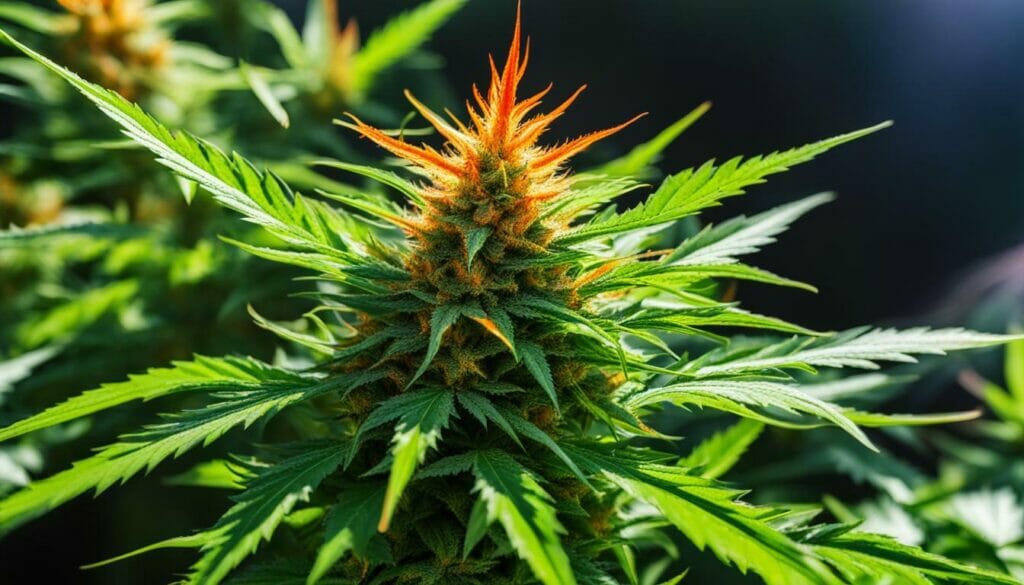
“Regular seeds have a 50/50 chance of growing into either male or female plants, while feminized seeds are bred to produce only female plants.”
Clones Vs Seeds: Factors to Consider
When deciding between pot seeds and clones, several factors must be considered. The choice ultimately depends on the grower’s desired outcome and specific circumstances.
Genetic Diversity
One of the main advantages of using seeds is the opportunity for genetic diversity. Seeds allow for new combinations of traits, resulting in unique plants with potentially superior characteristics. Clones, however, are exact replicas of the mother plant and offer no genetic diversity.
Time and Effort Required
Using clones requires less time and effort than starting from seeds. Clones are already rooted and can begin the vegetative stage immediately. Seeds, however, need germination and sexing, which can take several weeks. This extra time investment may be worth it for growers seeking genetic diversity and unique plant characteristics.
Yield Potential
Yield potential is another important factor to consider. Clones have a more predictable yield potential as replicas of a successful mother plant. Seeds, however, can produce varying yields depending on genetics and environmental factors.
Cannabis Seeds Female
For growers looking to ensure a high percentage of female plants, feminized seeds are a great option. These seeds are bred to produce only female plants, eliminating the need for sexing and increasing the likelihood of a bountiful harvest. Clones, on the other hand, will always be the same sex as their donor plants.
The choice between pot seeds and clones comes down to the grower’s preferences and needs. Seeds may be the best option for those seeking genetic diversity and unique plant characteristics. For growers looking for a predictable yield and less time investment, clones may be the way to go.
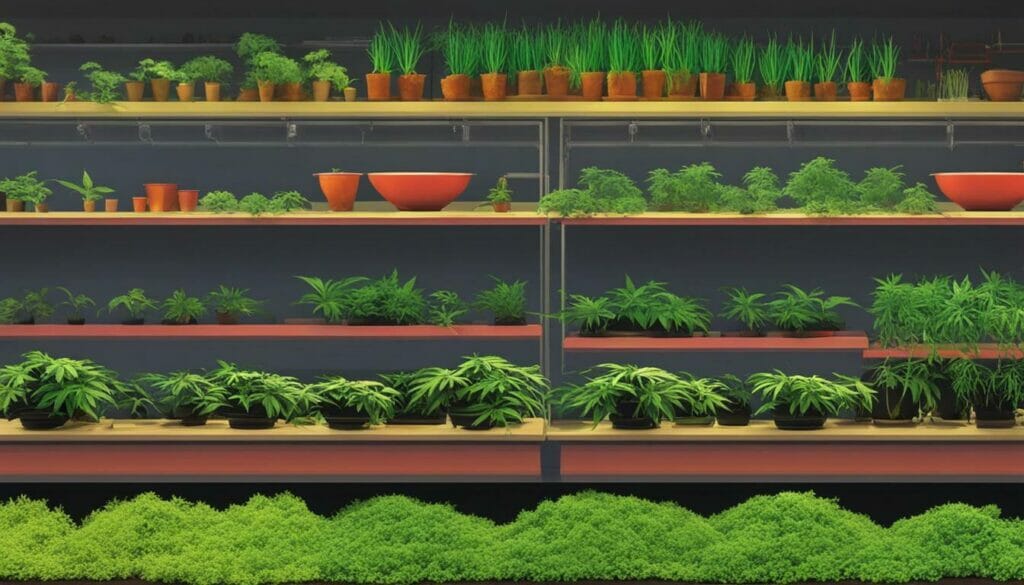
Pros and Cons of Clones
When choosing between clones and seeds for cannabis cultivation, there are both advantages and disadvantages. Here are some of the key pros and cons:
Advantages of Clones:
- Maintaining genetic traits: By using clones, growers can ensure that the genetic characteristics of the mother plant are preserved, resulting in consistent quality and potency.
- Shortening cultivation cycle: Clones can be rooted and grown much faster than seeds, allowing for a shorter total cultivation time between harvests.
- Reducing plant variability: Since clones are genetically identical to the mother plant, growers can expect more plant uniformity.
Disadvantages of Clones:
- Susceptibility to diseases: Clones are more susceptible to diseases and pests since they lack the genetic variability of seeds.
- Limited variety: Clones can only be taken from one mother plant, limiting the type to growers.
- Difficulty in finding high-quality mother plants: Finding a high-quality mother plant with desirable traits can be challenging, and maintaining it can be time-consuming and costly.
Clones can be an excellent option for growers who want to maintain specific genetic traits and shorten the cultivation cycle. However, it may not be the best choice for those who want more variety or are concerned about disease susceptibility.
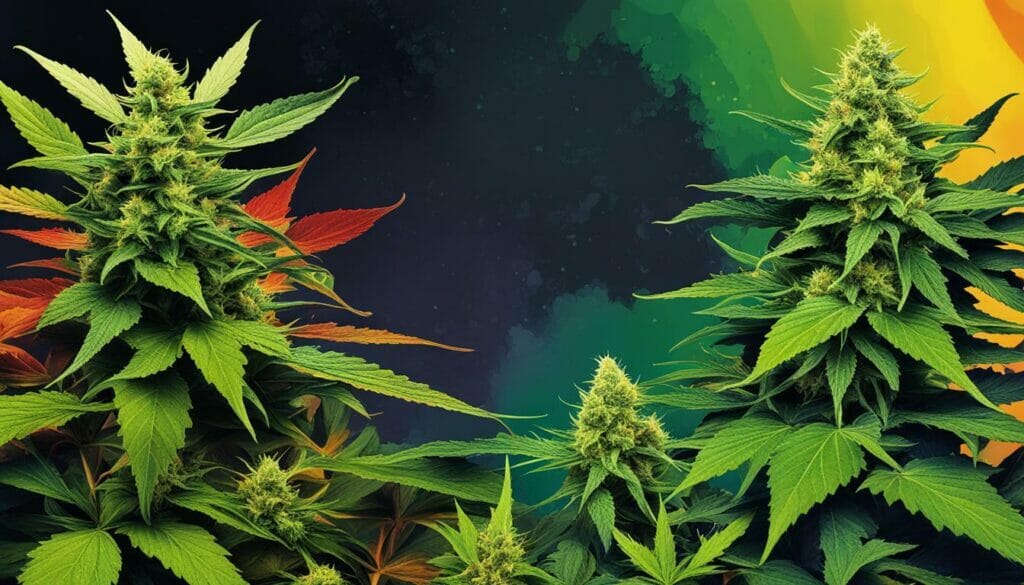
Pros and Cons of Seeds
While clones have advantages, they are not always the best choice for every grower. Seeds offer several pros and cons that should be considered before deciding.
Advantages of Seeds
Genetic Diversity: One of the most significant advantages of using seeds is the ability to grow plants with a wide range of genetic traits. Seeds can be obtained from various sources, including breeders and seed banks, offering a nearly endless selection of strains. This allows growers to find their desired characteristics, such as taste, aroma, and potency.
Starting from Scratch: Seeds offer growers the opportunity to start fresh with a plant that hasn’t been exposed to any potential diseases or pests. This is especially important for those who want to grow organic plants or may have encountered issues with previous grows. Additionally, starting from seed allows growers to control every aspect of the plant’s growth cycle.
Availability: Seeds can be obtained relatively easily from various sources, including online shops, dispensaries, and seed exchanges. This makes it convenient for growers to get the specific seeds they need to start their growth.
Disadvantages of Seeds
Sexing: One of the most significant drawbacks of using seeds is the need to have sex with the plants. Regular cannabis seeds have a 50/50 chance of producing a male or female plant, meaning that growers will need to identify and remove the males to prevent pollination of the females. This can be a time-consuming process that requires additional space and resources.
Longer Time to Harvest: Seeds take longer to reach harvest than clones, requiring an average of four to six months from planting to harvest. This can disadvantage those who want a quicker turnaround time or live in areas with shorter growing seasons.
Variability: While genetic diversity can be a positive aspect of using seeds, it can also pose a challenge for growers. Because seeds are not clones, there can be a lot of variability in the resulting plants, including variations in growth rate, yield, and potency. Predicting what kind of plant will result from a particular seed can be challenging.
Choosing seeds or clones will ultimately depend on several factors, including the grower’s experience level, desired genetic traits, and time constraints. By carefully considering the pros and cons of each method, growers can make an informed decision that will lead to successful plant growth.
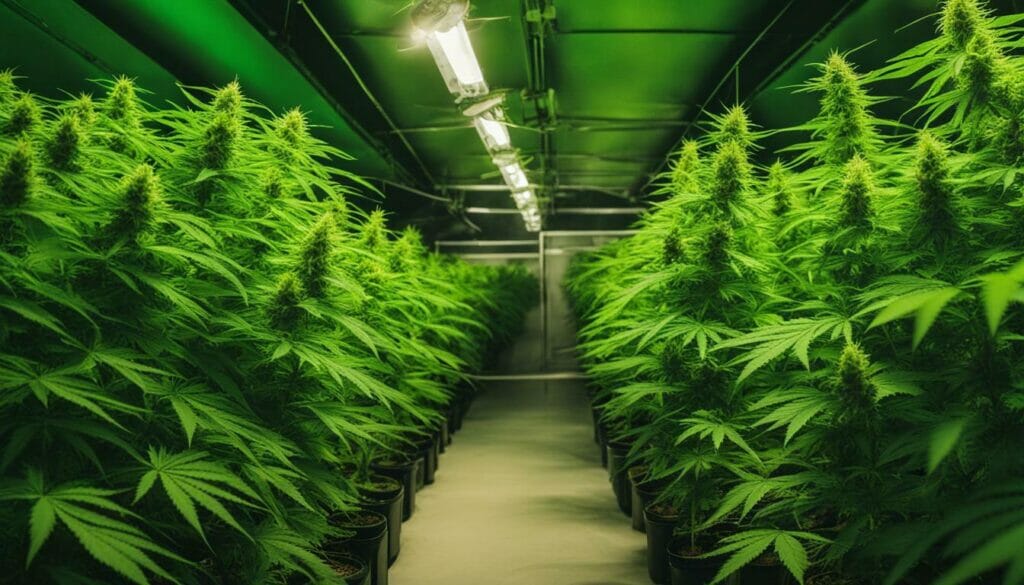
Clones Vs Seeds: Which Is Right for You?
After considering the differences between clones and seeds and their respective pros and cons, it can still be a challenge to determine which method is best for your specific needs.
If you are new to growing cannabis, seeds may be the way to go. They offer a more comprehensive selection of strains and allow for greater genetic diversity. Watching your plant grow from a tiny seed to a mature and robust plant can also be exciting.
However, clones might be a better option if you have a particular strain you know works well for you and want to replicate. Clones allow you to maintain genetic traits, shorten the cultivation cycle, and produce a consistent yield.
Ultimately, the decision comes down to your circumstances and preferences. Consider your experience level, time constraints, desired genetic traits, and overall goals when deciding between clones and seeds.
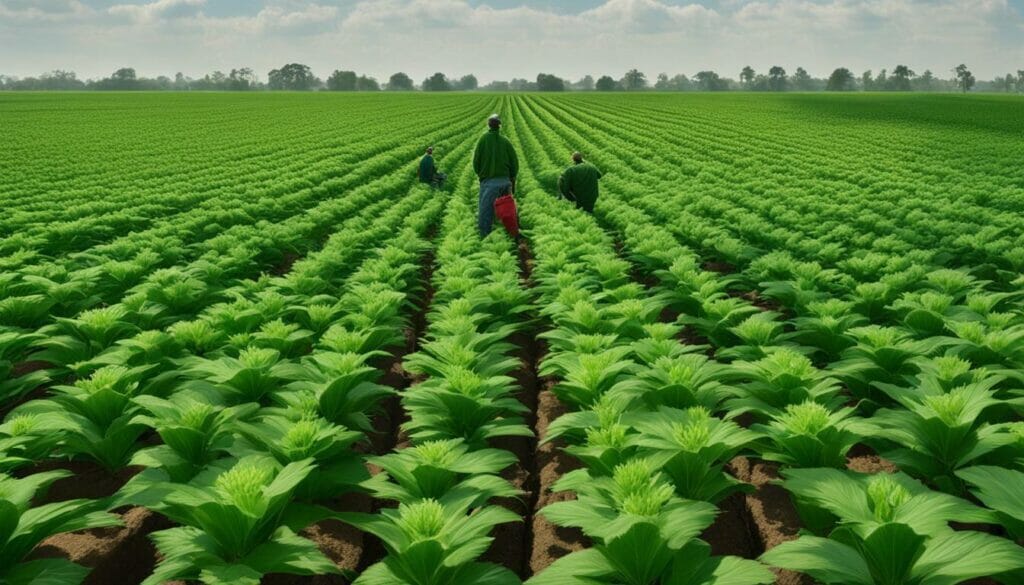
Remember, both methods have advantages and drawbacks, and no one-size-fits-all solution exists. Experiment with both until you find the way that works best for you.
Tips for Successful Growth
Whether you grow from pot seeds or clones, proper care and attention are essential for successful growth. Here are some tips to help you along the way:
- Start with quality genetics: When selecting your seeds or mother plant, choose ones that exhibit the traits you desire in your final product. Look for healthy, robust plants that show no signs of disease or pests.
- Provide adequate light: Cannabis plants require intense light for optimal growth. Invest in high-quality grow lights that provide sufficient brightness and spectrum if you’re growing indoors. If you’re growing outdoors, choose a location with total sun exposure.
- Monitor and adjust pH levels: Cannabis plants prefer a slightly acidic soil pH between 6.0 and 6.5. Use a pH meter to regularly test your soil or hydroponic solution, and adjust as needed with pH-up or pH-down solutions.
- Water properly: Overwatering can suffocate roots and lead to fungal growth while underwatering can stress plants and stunt growth. The key is to find a balance: water when the soil feels dry and ensure adequate drainage to avoid water buildup.
- Feed with nutrient-rich soil or hydroponic solution: Cannabis plants require various nutrients for healthy growth, including nitrogen, phosphorus, and potassium. Choose a high-quality soil or hydroponic solution that contains these vital nutrients and supplement with additional nutrients if necessary.
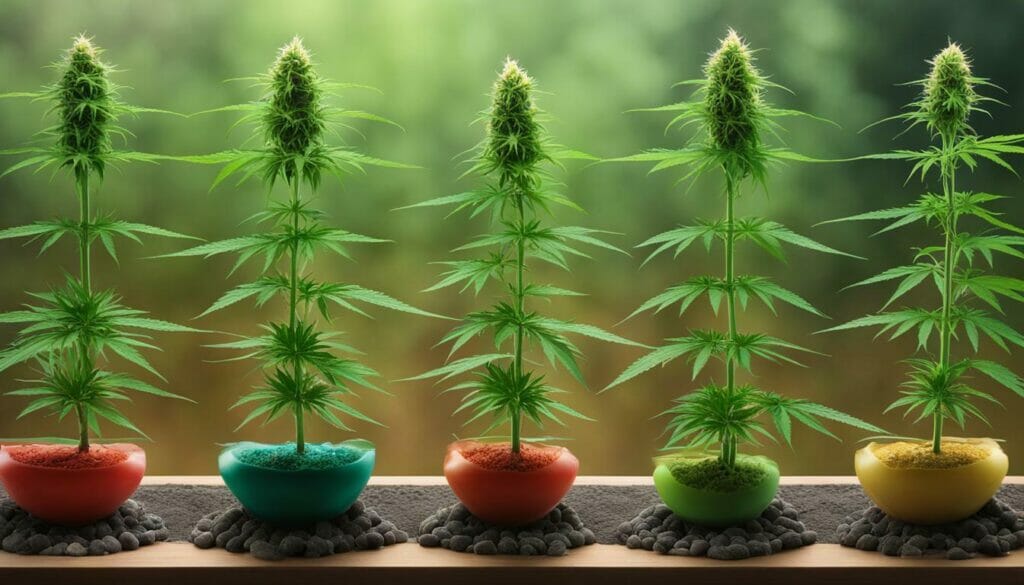
Remember, successful growth requires patience, dedication, and attention to detail. By following these tips and closely monitoring your plants, you can achieve a bountiful harvest and enjoy the fruits of your labor.
Clones vs Seeds: Conclusion
After carefully considering the pros and cons of clones vs seeds, it is ultimately up to the individual grower to decide which method best suits their needs.
For those seeking genetic consistency and a shorter cultivation cycle, clones may be the ideal choice. However, growers must also be aware of the risk of disease and the limited variety that comes with using clones.
Conversely, Seeds offer genetic diversity and the ability to start from scratch but require more time and effort to cultivate. Sexing is also necessary when using regular sources.
Regardless of the method chosen, success ultimately rests on proper care and management. Adequate watering, nutrient management, and lighting are crucial for healthy plant growth.
Individuals new to growing cannabis may find it beneficial to experiment with both methods and determine which approach works best for their unique circumstances. But no matter what, patience, care, and attention to detail are essential to successful growth.
FAQ
Q: What are clones?
A: Clones are genetically identical copies of a mother plant, produced by rooting cuttings to create new plants.
Q: How are clones produced?
A: Clones are produced by taking cuttings, typically from the vegetative stage of a mother plant, and allowing them to root and grow as individual plants.
Q: What are the advantages of using clones for plant growth?
A: Using clones allows growers to maintain specific genetic traits, shorten the cultivation cycle, and ensure consistency in their harvest.
Q: What are the disadvantages of using clones for plant growth?
A: Clones are more susceptible to diseases and pests, limited in variety compared to seeds, and require an initial mother plant to take cuttings from.
Q: What are seeds?
A: Seeds are the reproductive organs of plants that contain genetic material to grow into new plants when provided with suitable conditions.
Q: What types of seeds are available for cultivation?
A: There are regular seeds, which can produce both male and female plants, feminized seeds that guarantee female plants, and autoflowering seeds that flower automatically regardless of light cycle.
Q: What are the benefits of using seeds for cultivation?
A: Using seeds provides genetic diversity, the ability to start from scratch, and the potential for higher yields in the long run.
Q: What are the drawbacks of using seeds for cultivation?
A: Seeds require sexing to identify male and female plants, a longer time to harvest than clones, and the possibility of genetic variation within the crop.
Q: What factors should I consider when deciding between clones and seeds?
A: Factors to consider include genetic diversity, time and effort required, yield potential, and personal preferences.
Q: What are the pros of using clones?
A: Pros of using clones include maintaining genetic traits, shortening the cultivation cycle, and ensuring consistency in harvests.
Q: What are the cons of using clones?
A: Cons of using clones include susceptibility to diseases and pests, limited variety compared to seeds, and the need for an initial mother plant.
Q: What are the pros of using seeds?
A: Pros of using seeds include genetic diversity, the ability to start from scratch, and the potential for higher yields in the long run.
Q: What are the cons of using seeds?
A: Cons of using seeds include the need for sexing, a longer time to harvest compared to clones, and the possibility of genetic variation within the crop.
Q: How can I determine which method is suitable for me?
A: Factors to consider when deciding between clones and seeds include experience level, desired genetic traits, time constraints, and personal preferences.
Q: What are some tips for successful growth?
A: Tips for successful growth include proper watering, adequate lighting, nutrient management, and regular plant health monitoring.
Suggested Articles
;)
;)
;)



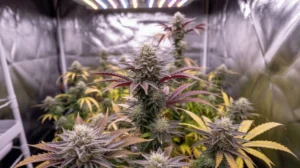
 04 Feb 2026
04 Feb 2026  7 min read
7 min read
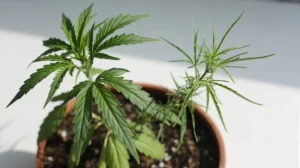
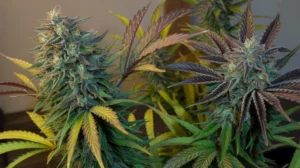
 October 21, 2023
October 21, 2023 


RESPONSES (0)
No responses yet. Be the first to respond!